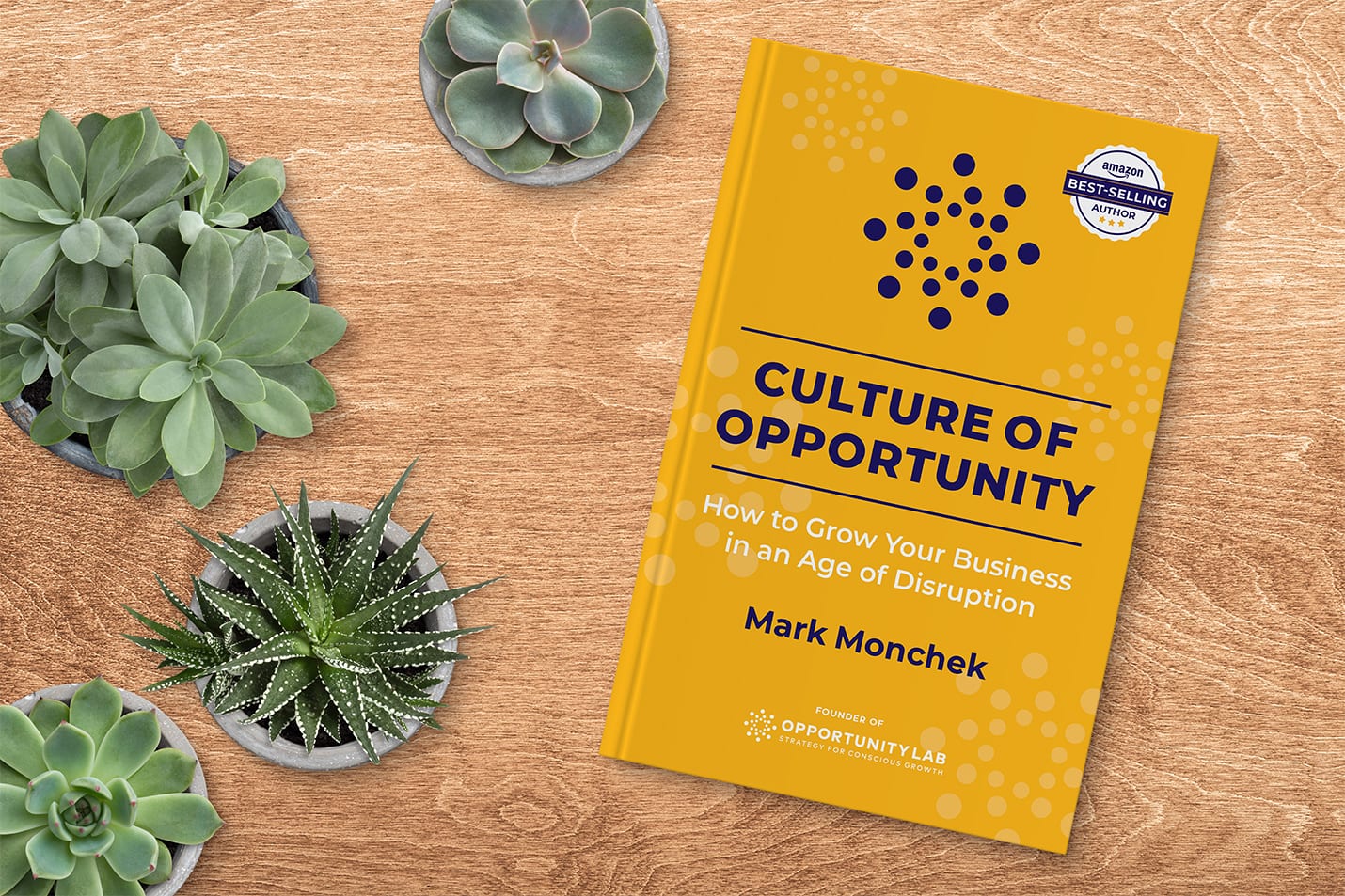How Going Beyond Thinking Creates Breakthrough Effectiveness
I grew up in a family where understanding and doing were prized. The world was meant to be understood and then conquered through personal achievement. Education, ambition, and service were sacred values. Growing up in this world did not involve much inner silence, as there was always so much to be done.
My mother and her family were Holocaust survivors who fled to America in 1938. My father and his family were Jewish immigrants from Russia who struggled to make it to Brownsville, Brooklyn in the early 20th century. Their inner worlds were filled with the awareness of being one step away from not being here. My parents had advanced, going several steps beyond survival. Yet, the consequences of failure always loomed large. I was brought up with this awareness as a primary motivator. By the time I was in elementary school, I came to believe that success in school and sports were a requirement for survival and, hopefully, for success in life.
I was taught that survival meant being in a perpetual state of planning, studying, practicing and worrying. All of which required a whole lot of thinking. When I learned about meditation, the idea of not thinking seemed preposterous. The more I learned about the life changing benefits of meditation, which is meant to slow and reduce thinking, eventually to go beyond (transcendence), what was once alien became a habit. As you will see at the end of this article, meditation is not the only way to achieve transcendence, it is the way I have achieved it and, there is much to be learned from the experience of transcendence, no matter the route you take to arrive there.
How Transcendence Emerges
I began to notice the many positive effects of transcendence. Life became less noisy. I became calmer and better able to handle the things that didn’t go my way. I was less frustrated, more patient. I was still thinking during much of my twice daily meditation practice. My thoughts had slowed and were less intense. There were more extended gaps between thoughts. It was in those gaps that the experience of transcendence began to emerge. Giving myself the gift of “doing nothing” for twenty minutes twice a day shattered my belief that if I didn’t “produce” something, that I had wasted my time. For the child of a Holocaust survivor, wasting time stopped just short of a criminal act. The freedom to be and not do, sparked a surprisingly wondrous, sense of safety. It is hard to explain; a sense that, while doing “nothing,” nothing bad was happening to me. Therefore, I was safe. In this experience of being safe, I am able to see more deeply into complex business situations that previously seemed unsolvable. By lessening the influence of my need to feel competent, I am more capable of seeing opportunities formerly blocked by the limits of what I thought I had to protect.
Transcendence is a condition of going beyond the normal state of the thinking mind into a state of greater wholeness and connectedness with the world. Going beyond time and space, even for a few moments profoundly shifted my perspective. In this peaceful state I have come to a deeper, less me-centered perspective.
An Opportunity Mindset Emerges
By giving myself the unconditional permission to be without doing, l had opened a window to a new and startling world of possibility. During or after a meditation, an insight would come that was radically outside of the lens that I had been seeing out of. Here is a recent example. One of our clients recently completed their first strategic planning process, a critical step in the path to sustainable growth. As a result of this process, they needed to form a new leadership team. The CEO was struggling with a critical decision, who to include on the team. A potential member, we will call him Brian in this example, had been a brilliant and successful leader of one of the company’s businesses in past years, but was struggling with poor performance. He was blaming the CEO and other factors he felt were outside of his control. Brian’s increasingly abrasive tone and seemingly closed mind proved to be severe limitations to his effectiveness.
After months of discussion and attempts to help Brian take greater accountability and be more successful in his primary role, the CEO felt defeated. I did too as his coach. My attempts to help Brian to become re-engaged in running the business he had so painstakingly built over twenty years had failed. I went back and forth between blaming myself and blaming Brian. Following a meditation, I had a flash of insight created by no longer seeing the condition as “my problem.” I was able to see that the role Brian had played successfully over the years no longer fit his newly evolving interests or his skills. While he is a brilliant thinker and knows the company’s challenges better than anyone, he did not have the right forum to contribute his talents. We needed to find a new role for Brian.
Lessons Learned
So, we did. And, it was a role we sorely lacked – Vice President of Product Development and Innovation. As part of our newly developed strategic plan, the company needed to develop new products and services that separated us from much larger competitors. Brian’s role in running his legacy business left him no time to pursue his true passion, creating innovative ways to surprise and delight customers. Because Brian, the CEO, and I were all focused on what Brian had been doing, we were not asking what he could be doing. Brian, tentative at first, began to thrive in the role. The company benefited enormously. The stress which caused by the misalignment of Brian’s role turned into inspiration and collaboration. In his new situation, not having to fight against a role that no longer fit, Brian was able to look inside of himself and grow as a person and a leader.
Through meditation I was able to transcend the useless recycling of the same, old thoughts into a new realm of “What if?” What if we could find a way to harness Brian’s passion and talent without forcing him to stay in a role that he clearly no longer wanted? While it is still early on in Brian’s new role, we are seeing very promising results. The passion he felt earlier in his career is back and he is actively helping the person who is taking over the role of running his legacy business.
As I deepen my meditation practice, my opportunity mindset and my effectiveness also deepens. Now, I often solve critical problems in hours, sometimes minutes rather than days or weeks. My effectiveness and value in Brian’s organization continues to increase significantly. More and more, I am sought out to solve problems no one else can.
Hearing this story, you might ask “Do I have to meditate to build your opportunity mindset?” It certainly helped me tremendously and may help you as well. On the other hand, there are clearly people who reach transcendence in other ways. By being in nature, through quiet reflective time, writing, or being in communities of creative and caring people. Certain forms of activity stimulate transcendence; yoga, dancing, swimming, kayaking are often highly useful ways to move beyond the cycle of repetitive thinking and reach transcendence. Archimedes, the renowned Greek mathematician famously said, “Give me a lever, a fulcrum and a place to stand, and I can lift the earth.” Transcendence gives us that place to stand outside of our self-referential world. It gives us the opportunity mindset needed to move what we need to move in our world.

